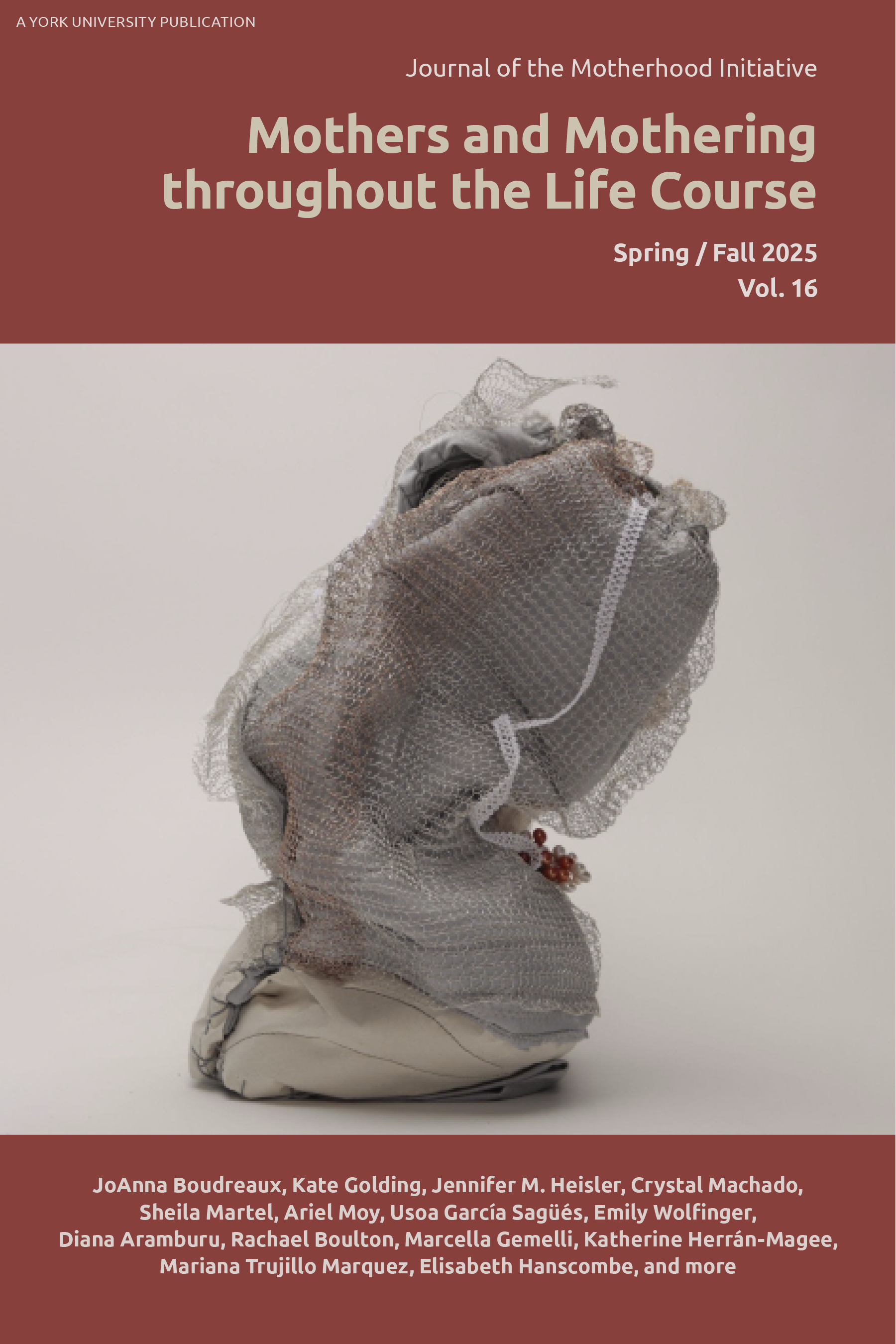Transnational Mothering of Children with Disabilities
The Experience of Nicaraguan Caregivers and Professionals
Abstract
Children with disabilities in developing countries live in complex situations; they face difficulties accessing basic resources, and their fundamental rights are rarely considered. Our study aims to describe the social, educational, and healthcare context of children with disabilities in Nicaragua and to determine factors conditioning their wellbeing by exploring families’ and professionals’ perspectives. Twenty-two representatives from the health, educational, and community service sectors and twenty caregivers of children with disabilities living in the Las Segovias region of Nicaragua participated in semistructured interviews. These comprised open-ended questions about the services provided for children with disabilities and particular experiences related to their care. The interviews were audio-recorded and transcribed. Two independent coders conducted framework analysis on the transcripts. Representatives from the service sectors identified challenges facing caregivers of children with disabilities, highlighting how economic and social vulnerability in rural areas contributes to their specific needs. Public services do not cover the multidimensional needs of these children. Mothers provide economic support and rely on informal networks of care. However, mothers’ situations of migration and poverty, combined with service deficits in rural environments, aggravated the social exclusion experienced by these families. Caregivers were women who had few supports for caring for children with complex conditions throughout their lifespan.

Downloads
Published
How to Cite
Issue
Section
License
All intellectual property in relation to material included on this site belongs to the Motherhood Initiative for Research and Community Involvement (MIRCI). All material on this site is protected by Canadian and international copyright and other intellectual property laws. Users may not do anything which interferes with or breaches those laws or the intellectual property rights in the material. All materials on the Motherhood Initiative for Research and Community Involvement (MIRCI) are copyrighted and all rights are reserved. Any reproduction, modification, publication, transmission, transfer, sale, distribution, display or exploitation of the information, in any form or by any means, or its storage in a retrieval system, whether in whole or in part, without the express written permission of the Motherhood Initiative for Research and Community Involvement (MIRCI) is prohibited. Please contact us for permission to reproduce any of our materials. This site may include third party content which is subject to that third party's terms and conditions of use.

